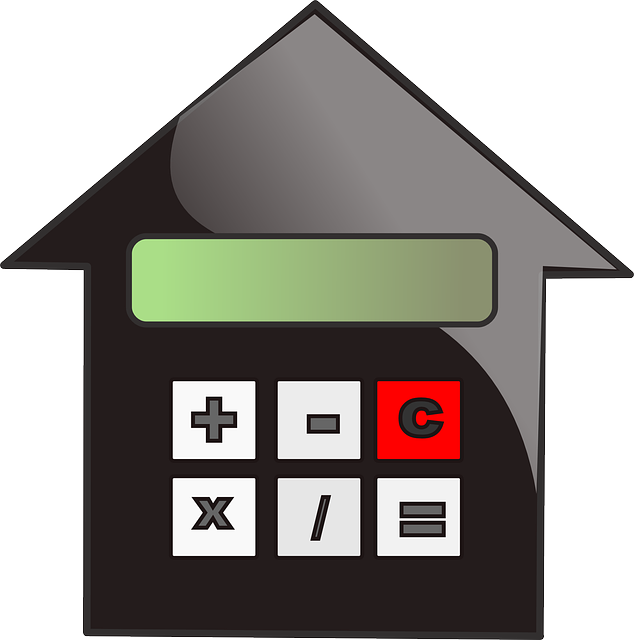In Texas, borrowers face a choice between Texas title loans and personal loans for quick cash. Title loans, secured by vehicle titles, offer faster approvals (up to 300% APR) but higher costs, ideal for urgent, small-sum needs. Personal loans, unsecured with lower rates (around 5% APR), require proof of income and stricter criteria but no asset encumbrance. Understanding the differences in collateral, interest rates, and repayment flexibility between these two options—Texas title loan vs personal loan—is key to making an informed decision based on your financial situation.
In Texas, access to quick cash is often a pressing need, leading many to consider alternative financing options. This article delves into the comparison between two popular choices: Texas title loans and personal loans. Understanding these distinct loan types is crucial for making informed financial decisions. We explore key differences in terms of collateral, interest rates, repayment schedules, and potential hidden costs. By examining long-term implications and factoring in credit score requirements, borrowers can choose the most suitable option for their immediate and future financial health, ensuring a smarter approach to Texas title loan vs personal loan options.
- Understanding Texas Title Loans and Personal Loans
- – Definition and working of each loan type
- – Key differences in terms of collateral and repayment
Understanding Texas Title Loans and Personal Loans

In Texas, both personal loans and title loans are popular options for borrowers needing quick cash. A Texas title loan is secured by the borrower’s vehicle title, allowing lenders to facilitate a faster approval process despite often higher interest rates. These loans are ideal for those who own a car free and clear and need a small sum of money for an urgent situation.
On the other hand, personal loans are unsecured debt instruments offered by banks and credit unions, typically featuring lower interest rates but longer loan terms. Unlike title loans that require transferring vehicle ownership during repayment, personal loans do not encumber any asset. This makes them a safer bet for borrowers, but the approval process might be more stringent, often demanding proof of income and employment history.
– Definition and working of each loan type

In Texas, personal loans and title loans serve distinct purposes with different terms and conditions. A personal loan is a type of unsecured lending where an individual borrows money from a lender, typically a bank or credit union, to be repaid with interest over a set period. These loans offer flexible borrowing amounts and repayment schedules tailored to the borrower’s needs. They are often used for various purposes like home improvements, education, or debt consolidation. On the other hand, a Texas title loan is secured against the value of a vehicle, usually an automobile, boat, or other valuable asset owned by the borrower. This type of loan provides faster access to cash, as the lender places a lien on the specified title.
The title loan process in Texas involves assessing the asset’s value, verifying the owner’s identity, and establishing clear terms for repayment. Unlike personal loans that often require good credit and may conduct a thorough credit check, title loans are known for offering easier access to funds, sometimes with no credit check. However, this convenience comes at a cost: interest rates for title loans tend to be significantly higher than those for traditional personal loans, making them potentially more expensive in the long run. For instance, while a personal loan might offer a 5% annual percentage rate (APR), boat title loans in Texas could start from 300% APR or more, depending on the lender and the asset’s value.
– Key differences in terms of collateral and repayment

In Texas, one key difference between personal loans and title loans lies in their collateral requirements. Personal loans, as the name suggests, do not rely on any specific asset for security. Lenders primarily assess your creditworthiness through a credit check and your ability to repay the loan based on your income and financial obligations. This makes personal loans more accessible but also potentially carries higher interest rates, especially if you have lower credit scores. On the other hand, title loans in Texas are secured by the title of your vehicle—typically cars, trucks, or motorcycles. The lender holds this title as collateral until the loan is repaid in full. While this can result in lower interest rates for borrowers with good titles and vehicles, defaulting on a title loan may lead to the repossession of your asset.
When comparing Texas title loans vs personal loans, another crucial factor is repayment flexibility. Personal loans often offer various repayment options, including fixed-term plans that make budgeting easier for borrowers. Some lenders even provide additional benefits like payment holidays or early payoff penalties waived. In contrast, title loans usually have shorter repayment periods and more stringent terms, with daily or weekly payments expected until the loan is settled. This rapid repayment schedule can be challenging for borrowers on tight budgets but ensures the lender retains their vehicle’s title throughout.
In comparing Texas title loans versus personal loans, understanding the nuances of each option is crucial. While title loans in Texas offer quick access to funds secured by your vehicle’s title, personal loans provide a more flexible borrowing experience without collateral. In terms of cost, personal loans often prove cheaper over time due to lower interest rates and manageable repayment schedules. However, it’s essential to carefully consider your financial situation and borrowing needs before making a decision, as each loan type has its advantages and potential drawbacks.






